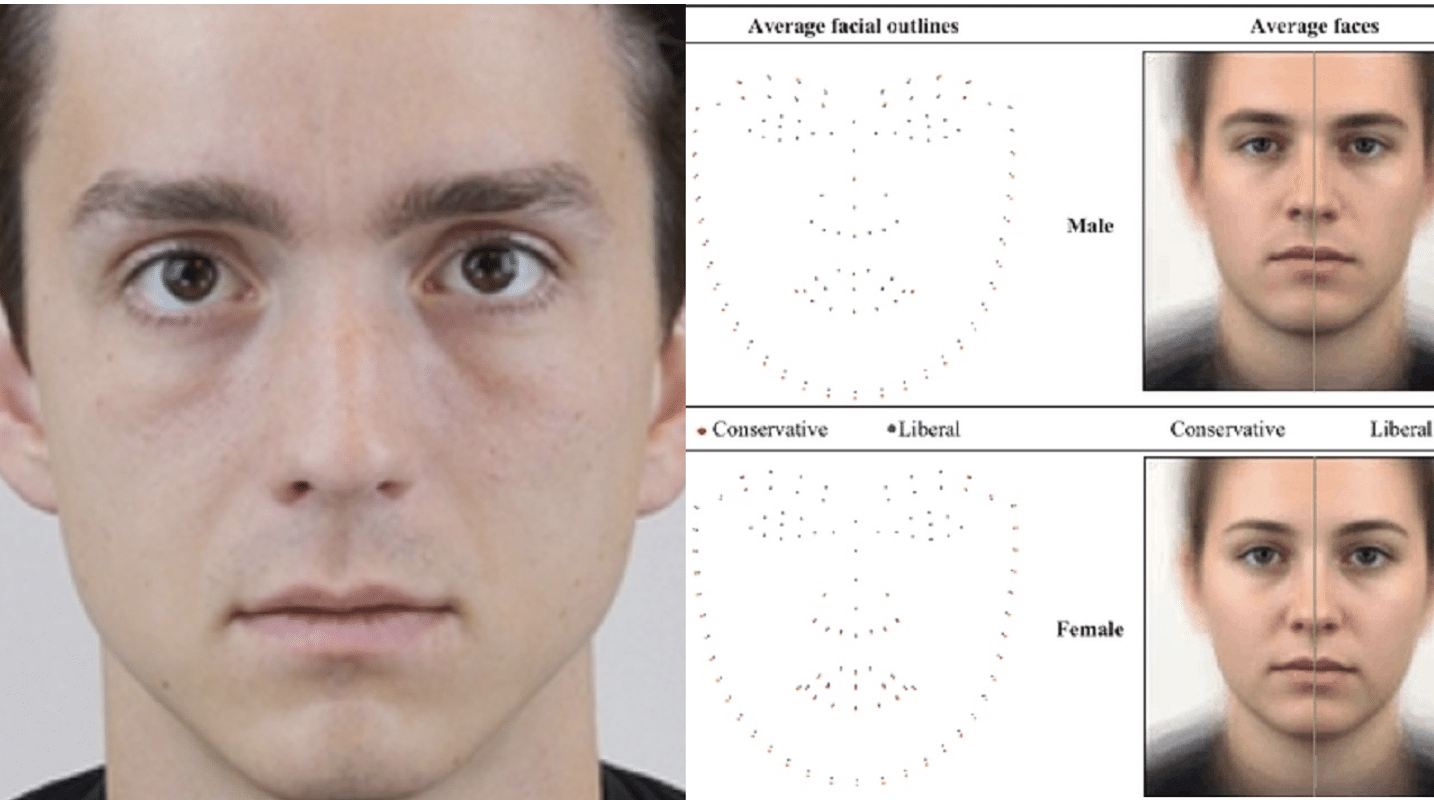(OPINION) PNW – Location tracking apps. Spyware to enforce the quarantine. Immunity passports. Throughout 2020, governments around the world deployed invasive surveillance technologies to contain the COVID-19 outbreak.
But heavy-handed tactics like these undercut public trust in government, precisely when trust is needed most. They also invade our privacy and chill our free speech. And all too often, surveillance technologies disparately burden people of color. In the United States, EFF and other digital rights advocates turned back some of the worst proposals.
But they’ll be back in 2021. Until the pandemic ends, we must hold the line against ill-considered surveillance technologies. Contact tracing is a common public health response to contagious diseases. In its traditional form, officials interview an infected person to determine who they had contact with, and then interview those people, too. Many have sought to automate this process with new technologies. But an app will not save us.
Some proposals would be simultaneously privacy-invasive and ineffective. For example, tracking our location with GPS or cell-site location information (CSLI) would expose whether we attended a union meeting or a BLM rally. That’s why police need a warrant to seize it. But it is not sufficiently granular to show whether two people were close enough to transmit the virus: the CDC recommends six feet of social distance, but CSLI is only accurate to a half-mile and GPS to 16 feet. So EFF opposes location tracking. Yet some countries are using it. READ MORE

















